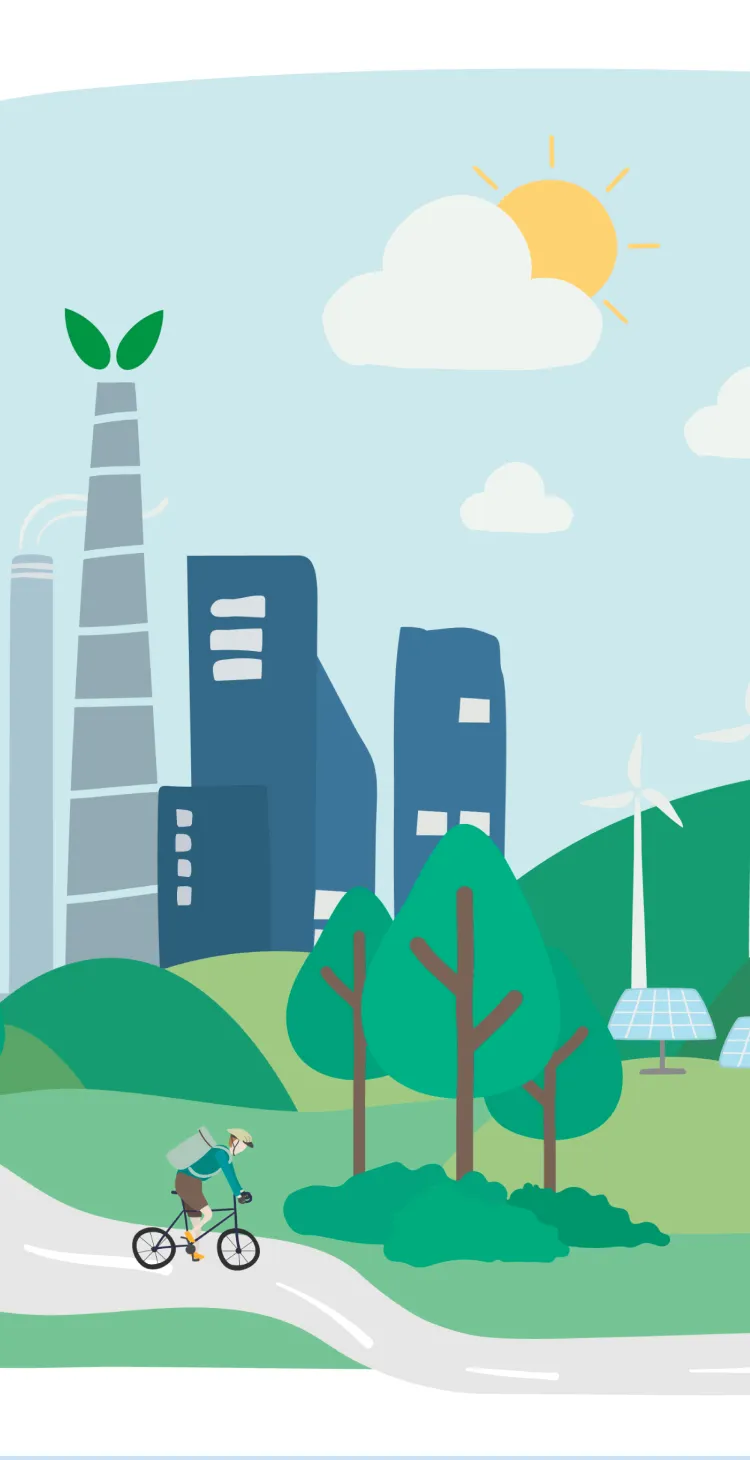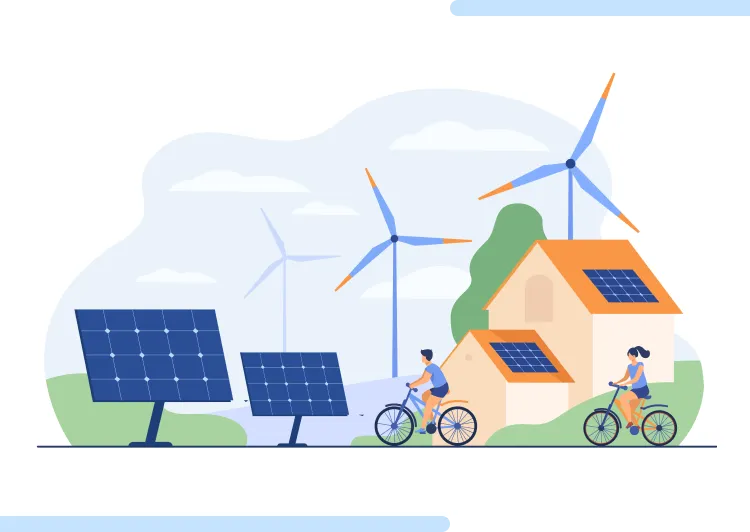
Sustainable transport
The challenge of our generation
Mobility is not only an economic and social issue but also an environmental one. This is why we must act to reduce our environmental impact and develop less polluting transport.
More or less popular modes of transport
Carpooling and carsharing has become the preferred mode of transport for short daily journeys. However, not all motorists seem to be won over by the idea. Car-sharing will account for only 3% of home-to-work journeys in France in 2020.
Electric scooters, on the other hand, have been a runaway success. Followed by bicycle travel, the popularity of these two light vehicles is increasing year on year. And this is very encouraging for the future.

Unsustainable solutions
Unfortunately, many of the means proposed today do not meet the criteria necessary to become widely adopted modes.
One example is electric cars. It is true that they can eliminate the pollution of the area cleared by driving them. But although this type of car provides a solution to the challenges of urban pollution (less noise pollution and better air quality), electric cars are not beneficial in the long term.
A promising but still fragile solution: hydrogen
Major technological advances in battery production and recycling are visible. But this does not reduce our ecological impact.
That's when the idea of using hydrogen resurfaced. Already discovered several years ago, hydrogen is indeed a renewable source of energy since it is found everywhere in the universe and of course on our planet.
Very promising hydrogen fuel cells for our future vehicles have already been designed. But the problem of production is still spoiling this great opportunity. Today, hydrogen still requires the use of fossil fuels for its production.